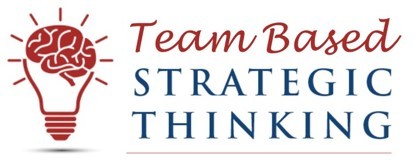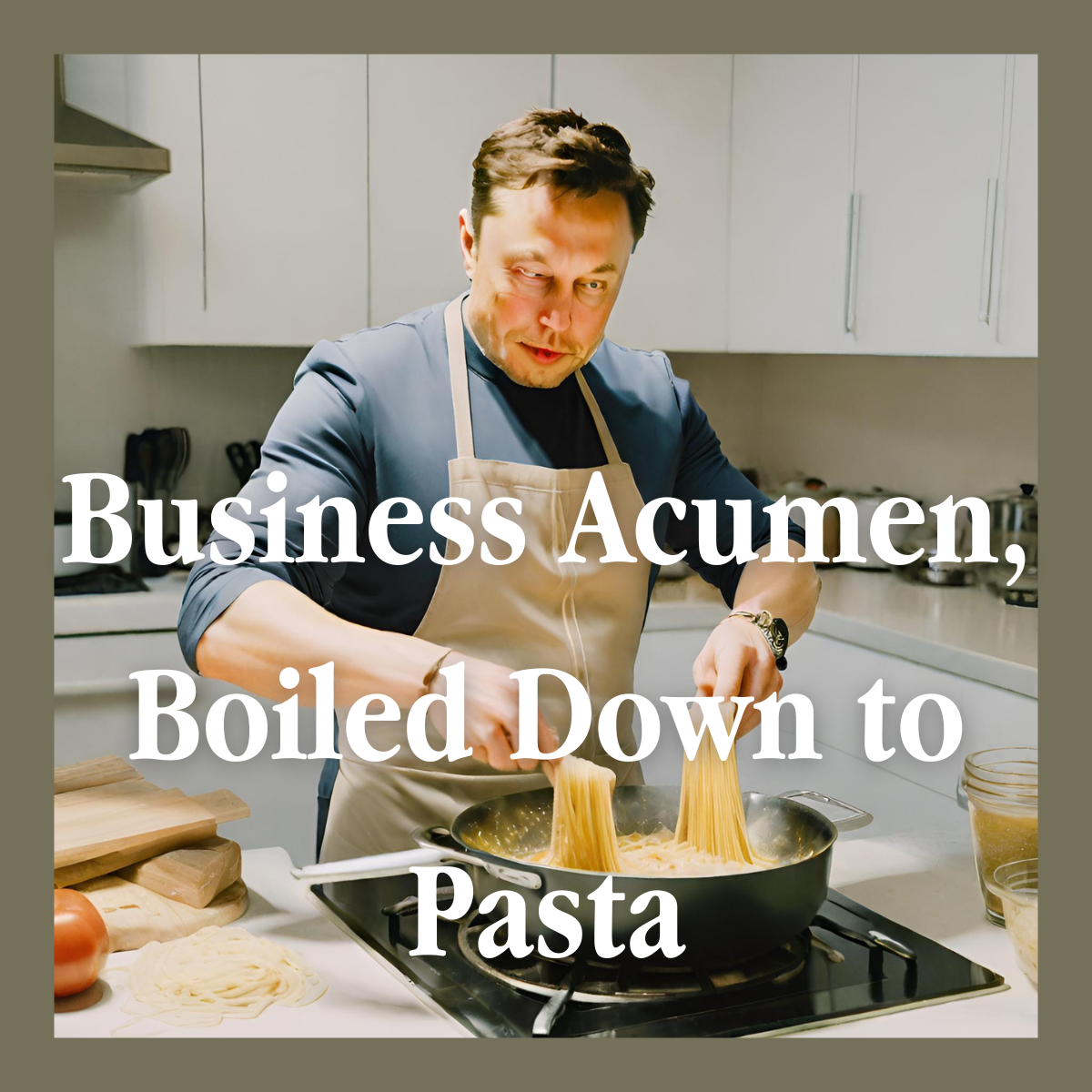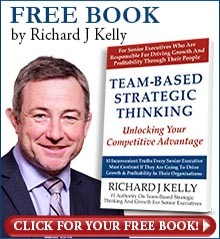Business Acumen,
Boiled Down to Pasta
Catching up on my reading backlog over the Australian summer, I came across a very interesting article in the National Geographic magazine (September 2023 p 17) entitled “Science, Boiled Down to Pasta”. The simple premise was “find the most frugal way to cook pasta and explain the science behind it”. On the face of it, this sounds incredibly dull and boring, but I seemed compelled to read on.
The Degrowth Movement
Over summer I wanted to explore my thinking on how to create an economic environment where what is “good for the planet is good for business”. This is particularly important considering the growing “degrowth movement”. Those of you that have studied sustainability issues facing the world will quickly conclude that the solution (or at least one of them) comes from the world’s energy consumption and the greenhouse gas emission impact that has. The students of business will know that there is a direct correlation between energy consumption and business growth. The world capital markets all require growth in output to drive growth in profitability to ultimately drive growth in share price. All this growth requires energy, and this growth is a hungry beast.
The Capitalists View
The classical economist Adam Smith describes this as the “invisible hand”. At the capitalist goes about their wanton, amoral quest for greater return (on their investment), something magical happens. From this growth there is a multiplier effect. For example, as businesses grow, they need to employ more people, profitable growth means more tax is collected both from the company and newly employed people and this taxation income can be used by governments to promote their social justice policies. If you have ever worked with unemployed people (or been one yourself) you will have seen the transformation in a person’s confidence and self-worth when they are gainfully employed and contributing to society. This in and of itself has a huge impact on society.
So, let’s get to the downside of growth, it needs resources and the biggest impact on the planet is the extraction and exploitation of natural resources. To do this you need energy. This is where the pasta story comes in!
What Can Cooking Pasta Teach Us
So have you ever thought about how much energy it takes to cook pasta. I doubt it. In cooking pasta there is a very orthodox and conventional way to do it, that has only recently been challenged much to the disdain of many great Chefs. It just wouldn’t taste the same I hear you say, it wouldn’t be “al dente”. Cooking pasta is analogous to how we transform natural resources into a useful product. As it turns out the scientists involved in this experiment where able to come up with a method that not only preserves or enhanced the taste but consumed 90% less energy than traditional methods by challenging the conventional wisdom of how pasta is cooked. If you multiply the number of pots of pasta that get cooked each evening across the world that equates to a huge global energy saving.
Now where is the connection to business acumen? Well, it’s in the application of the mindset and thinking that defined this problem in the first place (challenge the status quo). It is the scientific quest to find a better way combined with the business sense to turn this into competitive advantage.
A Beast to be Tamed
How many other “pasta examples” are there out there. I would suggest and endless supply of opportunity. The scientific community needs to work much more closely with business. I don’t believe the answer is “degrowth” as this goes against fundamental human principles as instinctively ingrained as fight or flight. The good news is that ever since the industrial revolution progress in science and technology has spurned economic growth. The sustainability movement needs to see growth as not the enemy but a beast to be tamed. I believe that we can create a path forward where “what is good for the planet is good for business” and everybody can prosper.
Link to Business Acumen
But in doing so we will have to apply some of the central tenants of business acumen.
- Understanding the big picture,
- Seeking out roots causes not focusing on symptoms,
- Understanding the tensions and trade-offs in the systems of business,
- Finding the levers in the system where small shift lead to huge gains,
- Articulating and aligning how value for all stakeholders is created and sustained.
There is a lesson for us all in “Business Acumen, Boiled Down to Pasta”.
Link to original National Geographic Article Click Here





Great stuff Richard, when it’s all boiled down. Good to see Deming is still remembered and applicable.